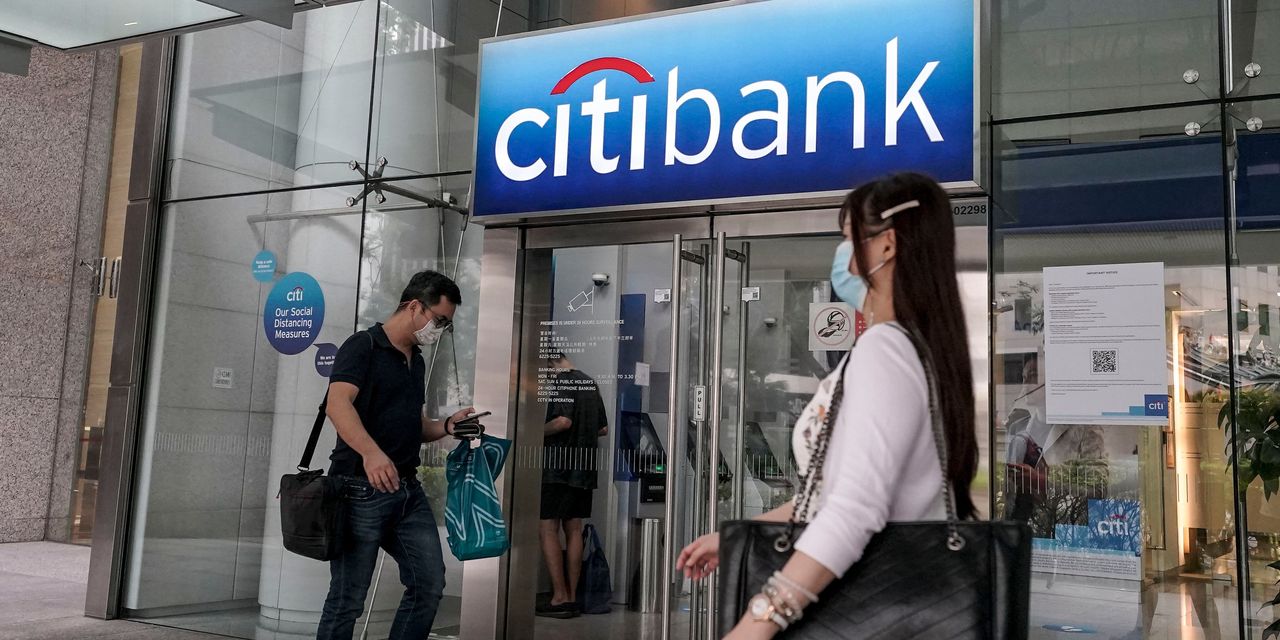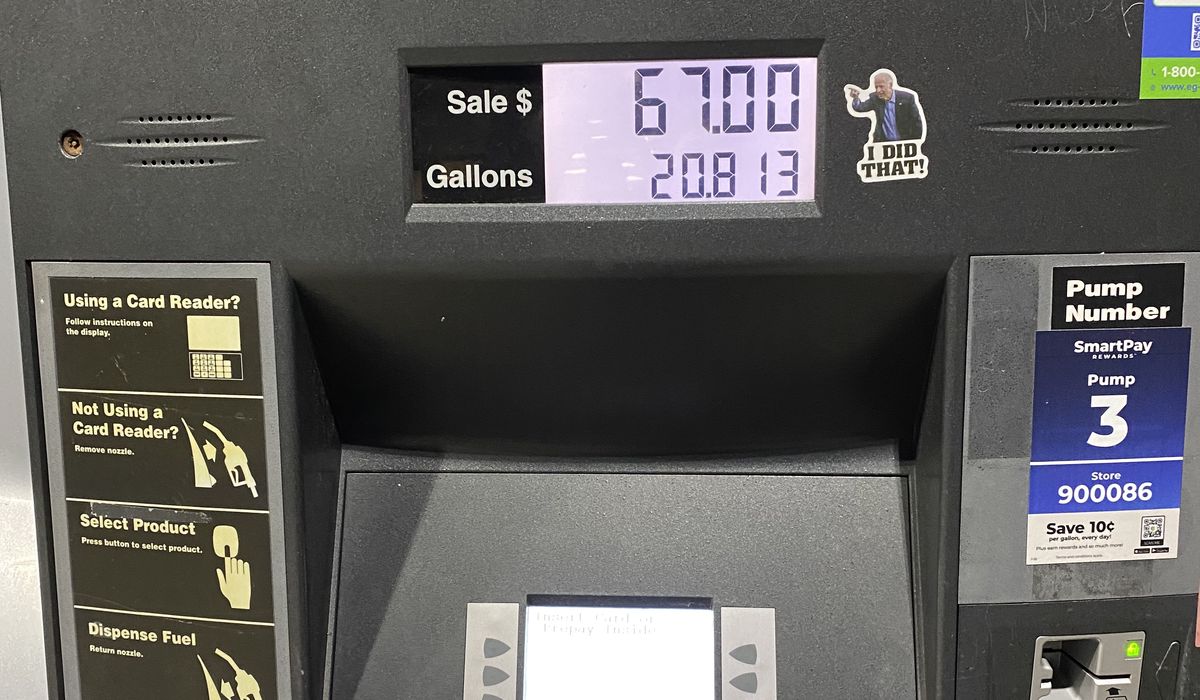
Citigroup Inc. C 1.02% agreed to sell its consumer-banking business in the Philippines to a local lender, pressing ahead with its strategy to exit most of its retail operations in Asia and switch gears to grow in wealth management.
On Thursday, the New York-based bank said it would sell its consumer franchise in the Southeast Asian country to Union Bank of the Philippines. UBP 0.79% The buyer will pay a premium equivalent to $908 million, plus a cash consideration for the net assets transferred.
The sale includes personal loans, retail deposits, Citi’s local wealth-management business and the country’s third-largest credit-card operation, as well as several bank branches and outlets where it serves wealth-management clients. The two companies expect the deal to close in the second half of 2022, subject to regulatory approvals.
UnionBank said it would take on about 1,750 Citigroup employees as part of the deal, adding that the business being acquired had nearly one million customers.
The business had net assets of 17.8 billion Philippine pesos, or the equivalent of $355 million, as of June 30, according to UnionBank disclosures and calculations by The Wall Street Journal. UnionBank said the increase in risk-weighted assets required 9.7 billion Philippine pesos in equity, or the equivalent of $193 million.
This is the bank’s third exit since Citigroup said in April it would shed consumer franchises in 13 overseas markets, 10 of them in the Asia-Pacific region. It will continue to offer consumer banking in Hong Kong, Singapore, London and the United Arab Emirates, the bank’s four wealth hubs.
In August, Citigroup agreed to sell its Australian consumer franchise to National Australia Bank Ltd. NAB is paying a 250 million Australian dollar premium, the equivalent of $180 million, for the business and said the deal required 1.2 billion Australian dollars of equity in total, or the equivalent of $866 million, including the premium paid.
In South Korea, Citigroup decided to wind down its operations instead of selling them. The plan, which met with some local union resistance, would cost the bank up to $1.5 billion in personnel costs. Citigroup said the closure made financial sense because it would free up $2 billion in equity.
The third-largest U.S. bank by assets, Citigroup has long been the only American company with a sizable retail-banking network across Asia, in addition to a full-fledged institutional business that ranges from investment banking and corporate lending to cash management and trade finance.
Alongside the retail disposals, the bank will sharpen its focus on managing money for the increasing number of wealthy entrepreneurs in the region, and providing services to their businesses.
It plans to recruit 1,100 private bankers and relationship managers in Hong Kong and Singapore and aims to grow assets under management for clients in Asia to $450 billion by 2025. Several hundred of these staffers have been hired this year, according to a spokesman.
Write to Jing Yang at [email protected]
Copyright ©2021 Dow Jones & Company, Inc. All Rights Reserved. 87990cbe856818d5eddac44c7b1cdeb8
Appeared in the December 24, 2021, print edition as ‘Citigroup to Sell Its Philippine Business.’








